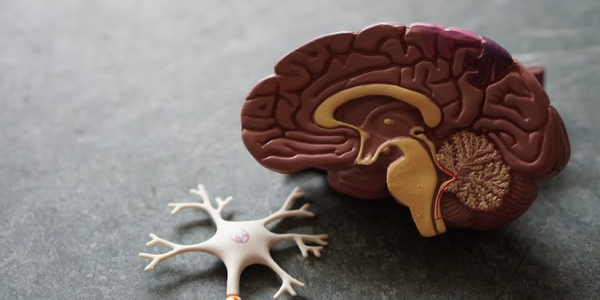
Mental Capacity Test
The Mental Capacity Act (MCA) is designed to protect and empower people who may lack the mental capacity to make their own decisions about their care and treatment. It applies to people aged 16 and over. It covers decisions about day-to-day things like what to wear or what to buy for the weekly shop, or serious life-changing decisions like whether to move into a care home or have major surgery.
Examples of people who may lack capacity include those with:
- dementia
- a severe learning disability
- a brain injury
- a mental health illness
- a stroke
- unconsciousness caused by an anaesthetic or sudden accident
But just because a person has one of these health conditions does not necessarily mean they lack the capacity to make a specific decision.
Someone can lack capacity to make some decisions (for example, to decide on complex financial issues) but still have the capacity to make other decisions (for example, to decide what items to buy at the local shop).
The Mental Capacity Act says:
- assume a person has the capacity to make a decision themselves, unless it’s proved otherwise
- wherever possible, help people to make their own decisions
- do not treat a person as lacking the capacity to make a decision just because they make an unwise decision
- if you make a decision for someone who does not have capacity, it must be in their best interests
- treatment and care provided to someone who lacks capacity should be the least restrictive of their basic rights and freedoms
The Mental Capacity Act also allows people to express their preferences for care and treatment, and to appoint a trusted person to make a decision on their behalf should they lack capacity in the future.
How is mental capacity assessed?
The MCA sets out a 2-stage test of capacity:
1) Does the person have an impairment of their mind or brain, whether because of an illness, or external factors such as alcohol or drug use?
2) Does the impairment mean the person is unable to make a specific decision when they need to? People can lack capacity to make some decisions, but have capacity to make others. Mental capacity can also fluctuate with time – someone may lack capacity at one point in time but may be able to make the same decision at a later point in time.
Where appropriate, people should be allowed the time to decide themselves.
The MCA says a person is unable to make a decision if they cannot:
- understand the information relevant to the decision
- retain that information
- use or weigh up that information as part of the process of making the decision
We highly recommend that any concerns about a loved one, should always be discussed with their GP and/or raised as a safeguarding issue with Social Services. However, patient confidentiality and having a loved one in denial can make this difficult. In these situations, we would highly recommend professionals, such Dr Richard Pemrose, who is a consultant in General Adult Psychiatry, with an interest in Old Age Psychiatry at St George’s and Springfield Hospital London, and Epsom General and West Park in Surrey… https://www.priorygroup.com/consultants/dr-richard-penrose
